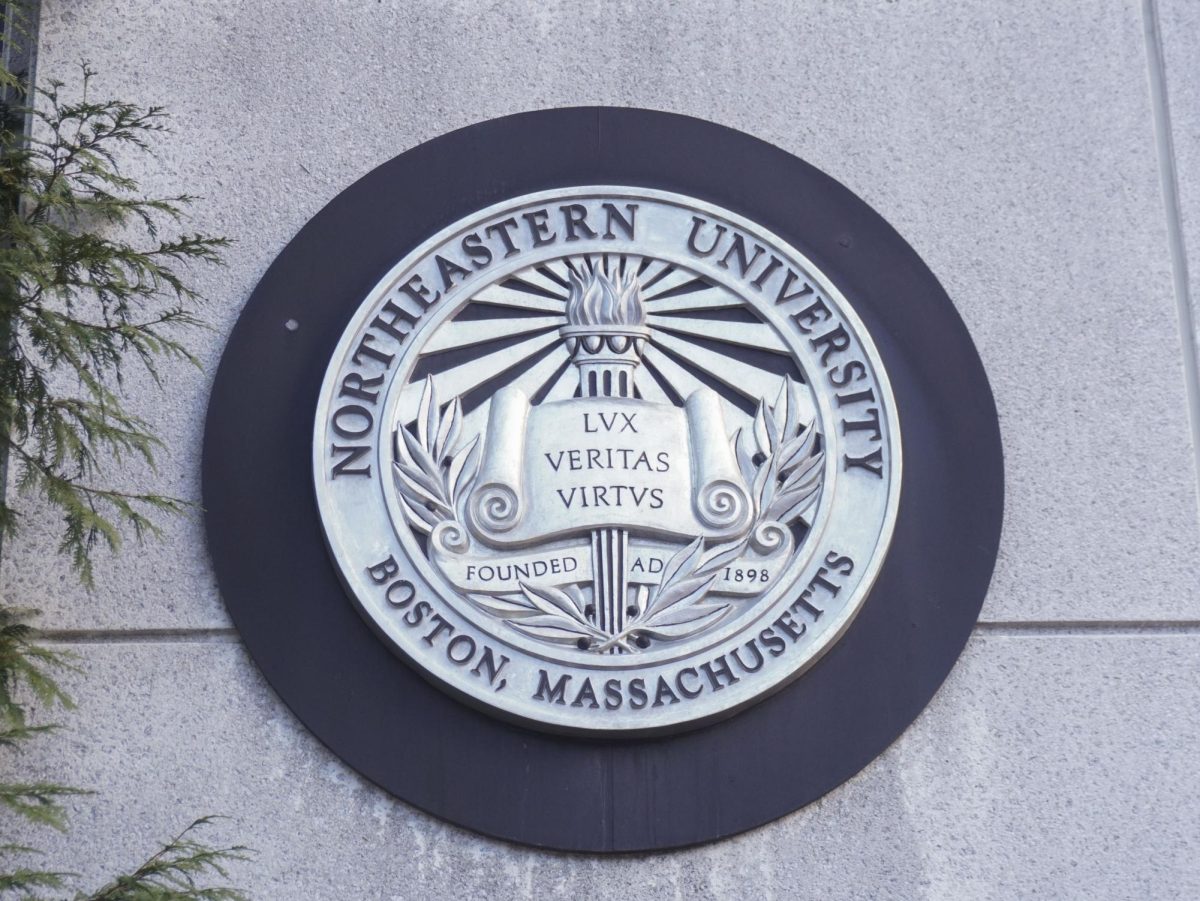This week students have the opportunity to vote in a Student Government Association (SGA) sponsored referendum on the university’s investment in fossil fuels. Though the results of these referendums are generally meaningless for all practical purposes, the intent and message of divestment’s proponents are worthy of attention.
Like most universities, Northeastern holds a large endowment. This is essentially the university’s bank account, except endowments are managed so as to keep the principal stable; the money is sunk into investments, and the returns fund various aspects of the university’s business. Northeastern has a $600 million endowment; DivestNU estimates about $17.5 million of that is invested in fossil fuels.
The purpose of divestment is to persuade large institutions with large investing power to pull their assets from socially irresponsible entities. The most successful divestment movement helped bring about the end of Apartheid in South Africa. It became popularized on college campuses in the late 1970s and eventually spread to municipal governments, then to state governments. Eventually in 1986, Congress – including a Republican controlled Senate – overrode President Ronald Reagan’s veto to pass the Comprehensive Anti-Apartheid Act, banning all new US investments in South Africa, which put serious economic strain on the country.
Although it would be wrong to compare the coal and oil industries to the racist South African Apartheid regime, the same principle needs to be applied here. Just as the worthiness of segregation deserves no debate, climate change should no longer be considered a two-sided issue. The jury is in. Climate change is real, and it is almost certainly man-made.
An international panel of climate scientists announced last August an analysis found with near certainty that this was the case. The panel’s report concluded the planet’s warming was “unequivocal,” and concluded with 90 percent certainty that it was caused by human activity, the New York Times reported. The predicted consequences are dire: melting ice caps, food shortages, extreme heat waves and mass extinction.
Science deniers have attempted to hijack the discussion by claiming such studies only represent one side of the “debate.” This simply is not the case. A recent analysis by accomplished geochemist and academic James Lawrence Powell found that of over 10,000 studies published on climate change in 2013, only two concluded global warming was not man-made. Two. Out of 10,000. The climate deniers can deny this science as loudly and as frequently as they choose, it does not make this a legitimate two-sided debate.
The students in DivestNU deserve commendation for their attempts to force the university to take the leadership role it assumes when it purports itself as a “global institution.” SGA direct referendums rarely have an impact, unfortunately. They are meant to be a means by which the student body is allowed to express its opinion on matters of university import. Most are non-binding though, so the administration rarely follows up on the requests of the students. In light of routinely abysmal participation, it is difficult to view the results of these votes as representing the opinion of the student body, and thus it is difficult to blame the administration for ignoring these votes.
This does not mean the university is deaf to the voice of its students. Through rallies and an extensive publicity campaign, DivestNU has already made its voice heard. The administration should listen.








